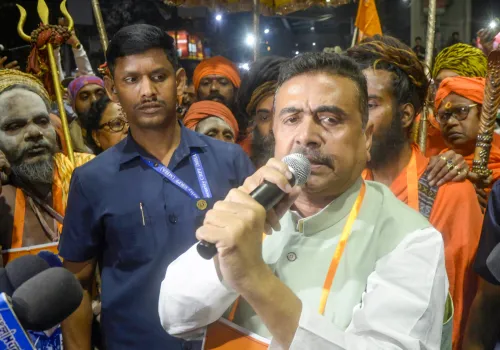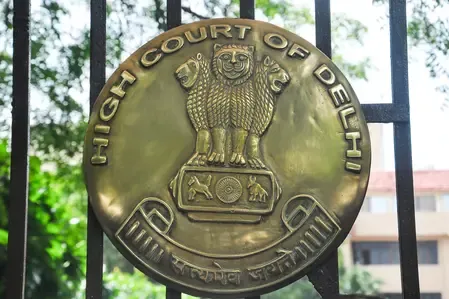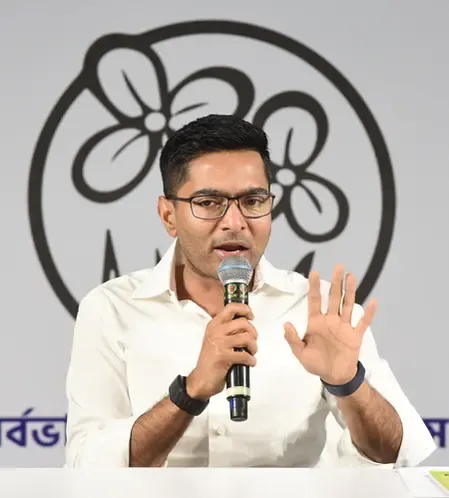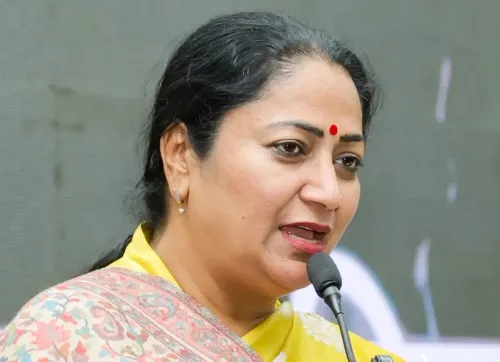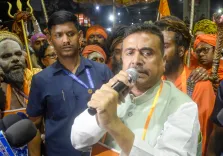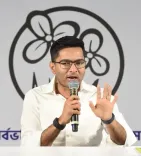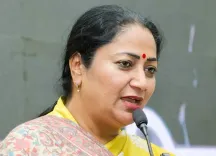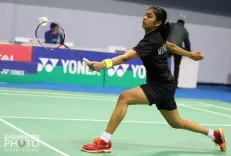Why Are Rights Groups Protesting in Kolkata Against SIR?
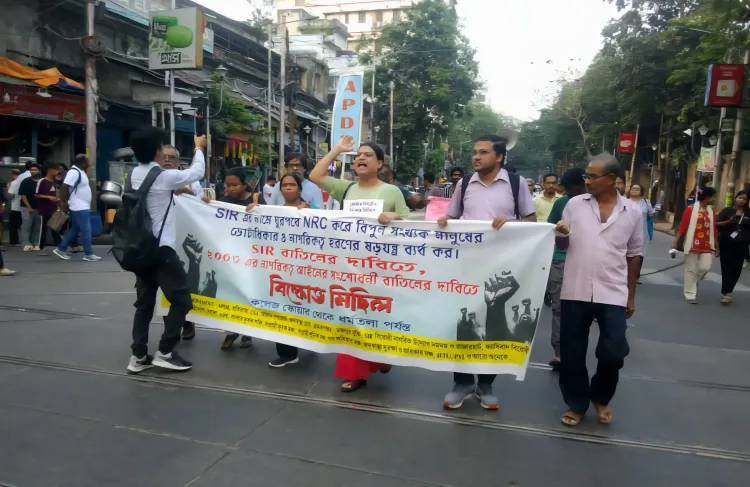
Synopsis
Key Takeaways
- Protest rally in Kolkata against SIR by rights groups.
- Concerns raised about loss of citizenship and voting rights.
- Documentation requirements deemed excessive by protestors.
- Call for accurate voter lists rather than SIR.
- Implications for democracy if citizenship is questioned.
Kolkata, Oct 25 (NationPress) Various rights organizations, including the Association for Protection of Democratic Rights (APDR), organized a protest rally on Saturday to express their opposition to the Special Intensive Revision (SIR) of electoral rolls proposed by the Election Commission of India (ECI) for West Bengal.
As the electoral body prepares to initiate the SIR of Bengal's voter list, the rights group contends that the National Register of Citizens (NRC) will be implemented under the guise of SIR.
To voice their dissent, the participants marched from College Street in northern Kolkata to Dorina Crossing in central Kolkata.
The APDR has raised alarms about a perceived conspiracy aimed at stripping many individuals of their voting rights and citizenship through this initiative.
Ranjit Sur, the General Secretary of APDR, stated, "Under the SIR, every individual aged 18 and older will be required to complete the SIR form. Additionally, applicants must submit a self-declaration form to have their names added to the voter list. This includes mandatory details such as the place and date of birth of both the individual and their parents, as well as proof of these details. Information regarding the spouses will also be collected. However, none of this information will be present on the voter card. So why is it being collected?"
He emphasized that they are advocating for a precise voter list rather than the SIR. According to him, the accurate voter list has already been revised and updated twice.
Sur further asserted, "This information will facilitate the NRC process. In 2019, there was an attempt to gather this data with the census, but the government faced significant pushback from civic movements. The burden of proving citizenship has been unfairly placed on the individual, which contradicts the Indian judicial framework. Moreover, the Election Commission lacks the authority to enforce this. A Supreme Court ruling supports this stance. Most individuals will be unable to provide the extensive documentation being requested."
The rights organization expressed concerns that neither Aadhaar nor the voter card is being recognized by the Election Commission. They fear that if ordinary citizens fail to submit the required documents adequately, they may lose their citizenship.


